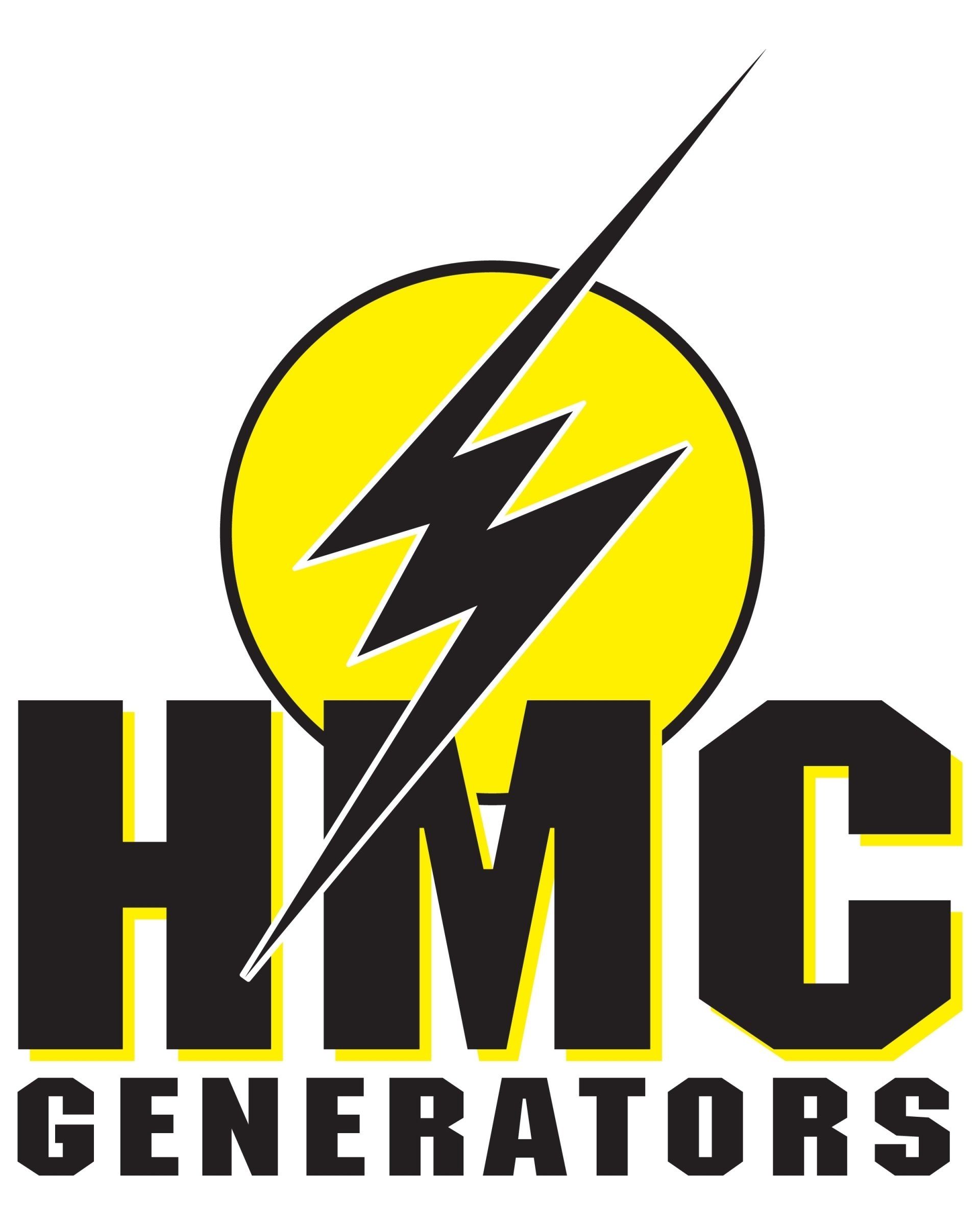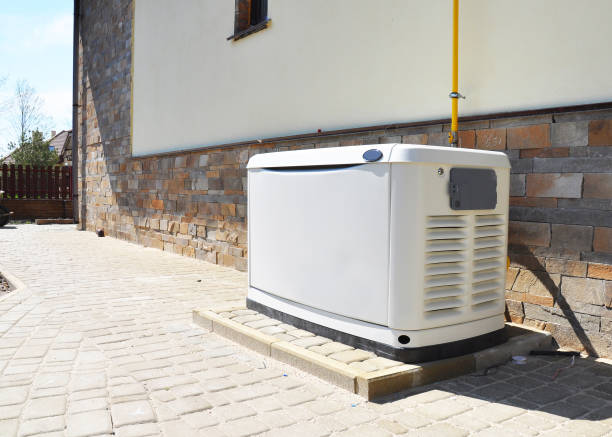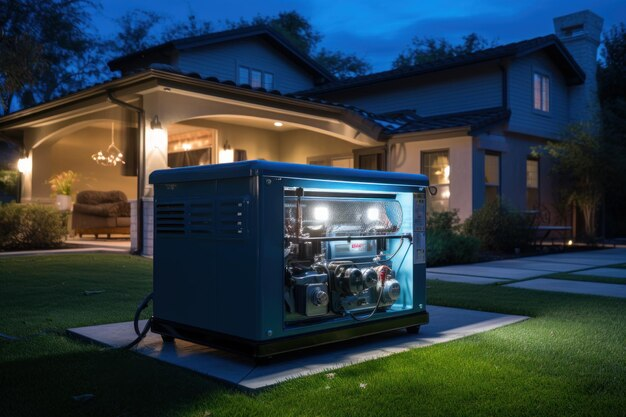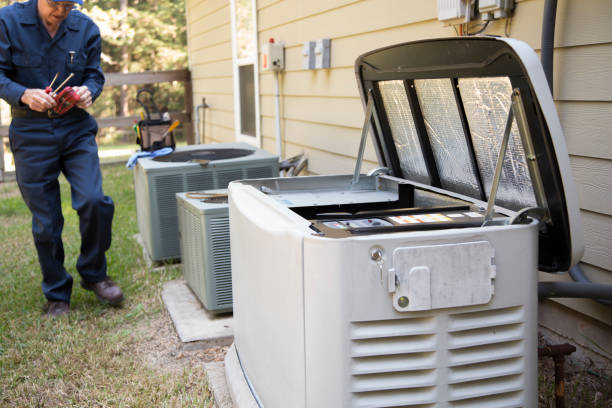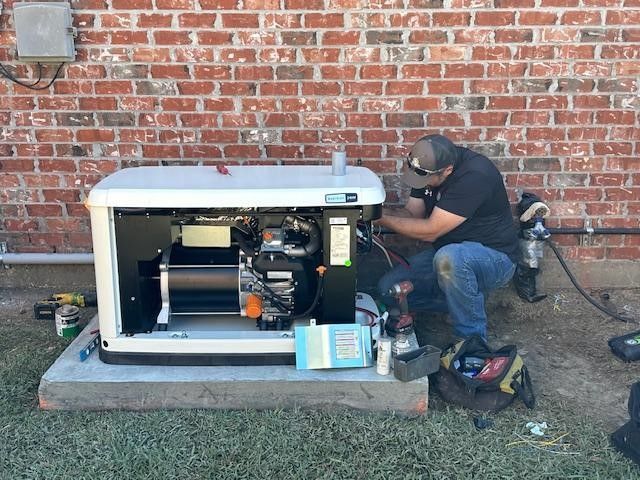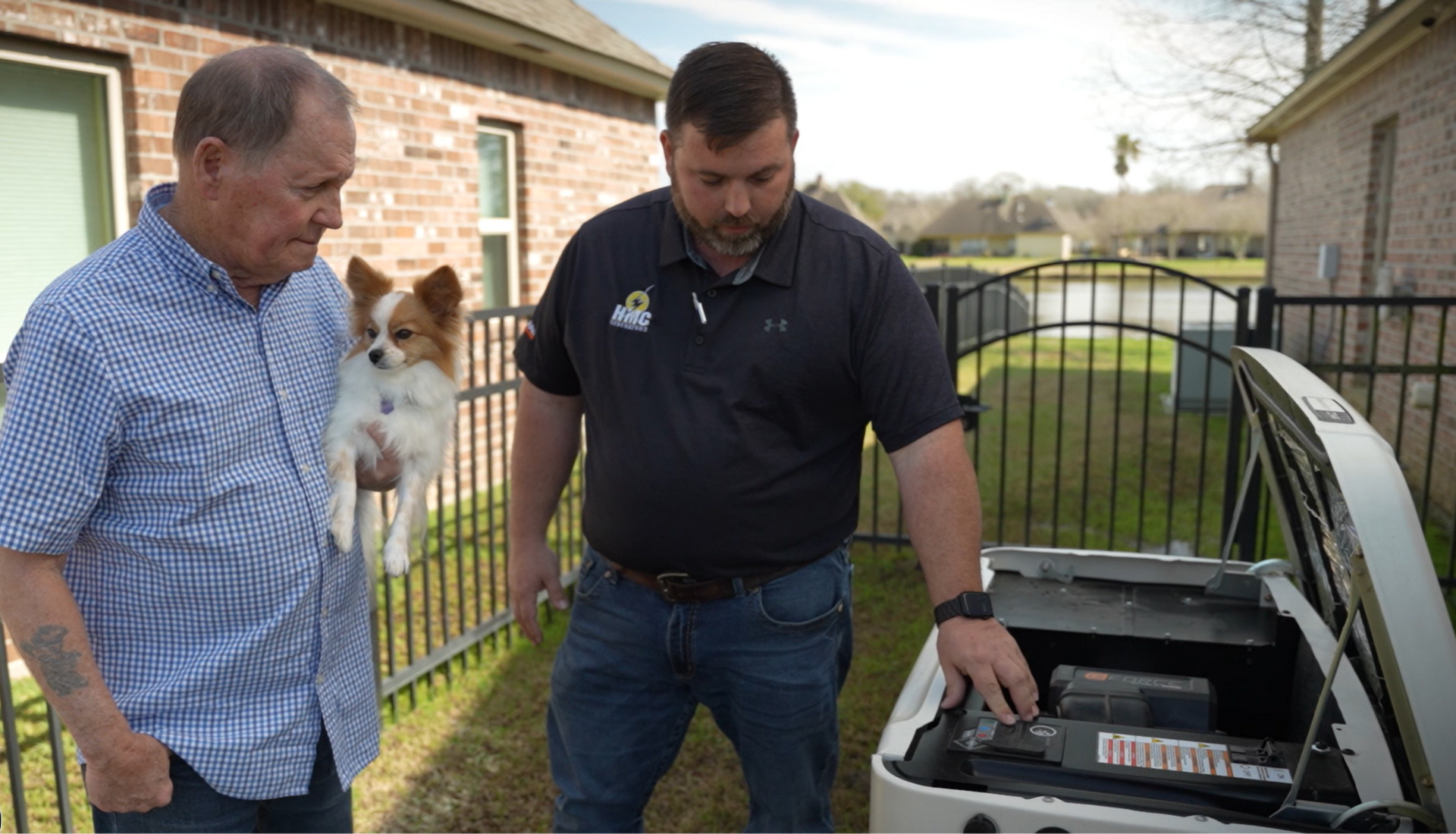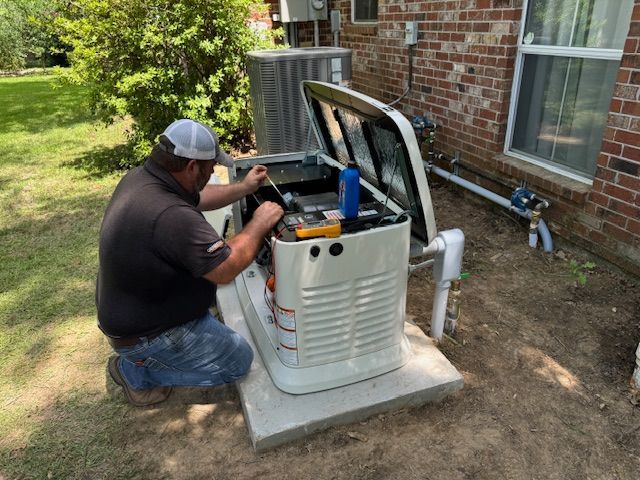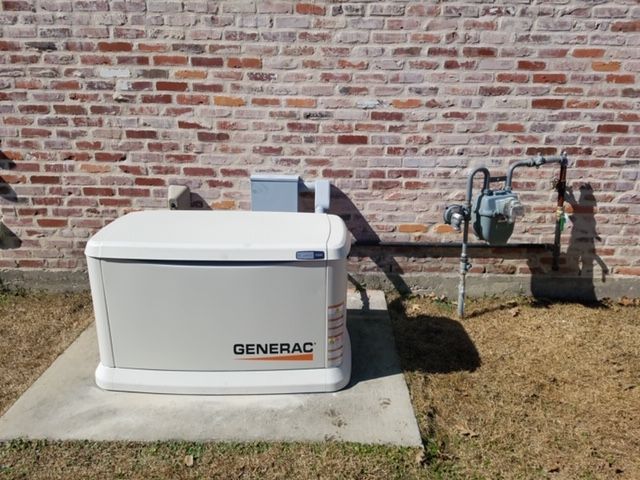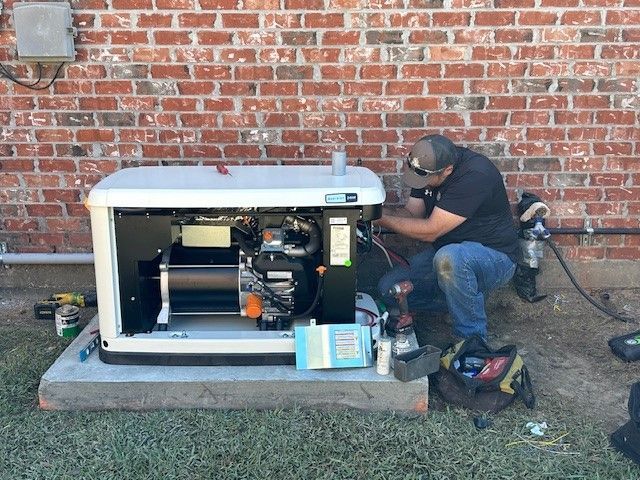Extending Your Generator’s Lifespan: A Comprehensive Guide
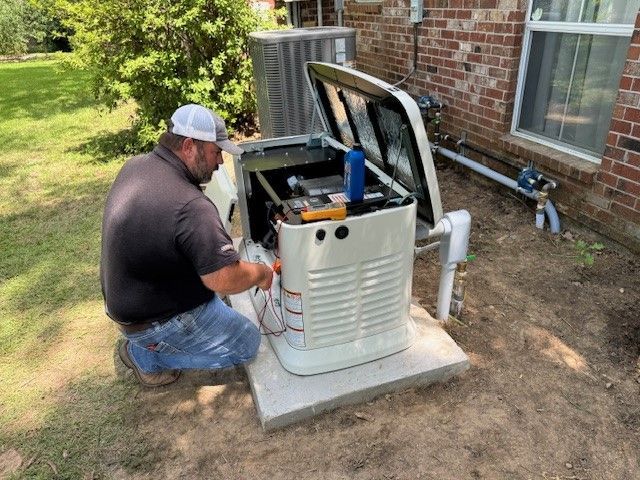
Standby generators can be lifesavers during power cuts and natural disasters. Depending on the type, brand, size, age, usage, and upkeep, their average life expectancy ranges from 15 to 20 years. Here are the best practices you can follow to ensure yours works excellently for as long as possible.
List of Services
-
1. Check Manufacture GuidelinesList Item 1
Every generator comes with a set of manufacturer recommendations, including fuel and load capacity requirements, operation instructions, and maintenance practices. Adhering to these guidelines is key to ensuring your unit operates smoothly and lasts longer.
-
2. Schedule Routine Inspection and ServicingList Item 2
Have a Generac Certified Technician assess your generator’s overall condition, every six months. They will clean, repair, and change vulnerable or damaged components before they cause more significant problems. Such preventive maintenance efforts also include:
- Oil 10W40 and Oil Filter Changing
- Fluid Analysis
- Air Filter and Spark Plug Replacement
- Battery Care
Remember to document and keep records of these tasks. You can also consult the technician to ensure your care plan meets your unit’s maintenance requirements.
-
3. Conduct Load Bank TestingList Item 3
A load bank test can help you understand your unit’s efficiency and identify parts and issues affecting it. Regularly performing this test helps combat carbon buildup and wet stacking, which significantly diminish your unit’s lifespan. These problems occur when soot and unburned fuel infiltrate and accumulate in cylinders and pipes, leading to reduced performance and potential damage.
-
4. Utilize Top-Quality Fluids
Always opt for good-quality fuel, coolant, and oil. Using fluids with poor quality can accelerate deterioration and cause issues that can damage your unit and shorten its life expectancy, such as:
- Contamination and Blockages
- Fuel Degradation
- Leaks
- Low Energy Output
- Overheating
-
5. Monitor Oil Condition and Level
Due to heat exposure, generator oil becomes less dense and degrades over time. Dirt, carbon deposits, and metal particles may also contaminate it, forming sludge that restricts oil flow, causes corrosion, and eventually diminishes the unit’s lifespan.
So, make it a habit to check your oil’s condition and level every few months. You can use the dipstick to see if it’s clean and if you should add more if needed. Worst thing to do is to overfill the oil, so use a witness mark to verify. Consider hiring an expert for routine oil sample tests for a more in-depth evaluation.
-
6. Ensure Its Protection
Be sure the generator is located in a place with adequate ventilation. Generac requires 3’ of open area on sides and front for proper airflow. Also, always lock you generator so wind and rain will not damage it.
Leave Generator Maintenance and Tune-Ups to Us
By adopting a proactive and preventive care approach, you can extend your generator’s lifespan and secure power when you need it most. Don’t hesitate to contact HMC Generators for more insights on how to maintain your residential generator. We supply and service Generac generators for Greater Baton Rouge homes and businesses.
